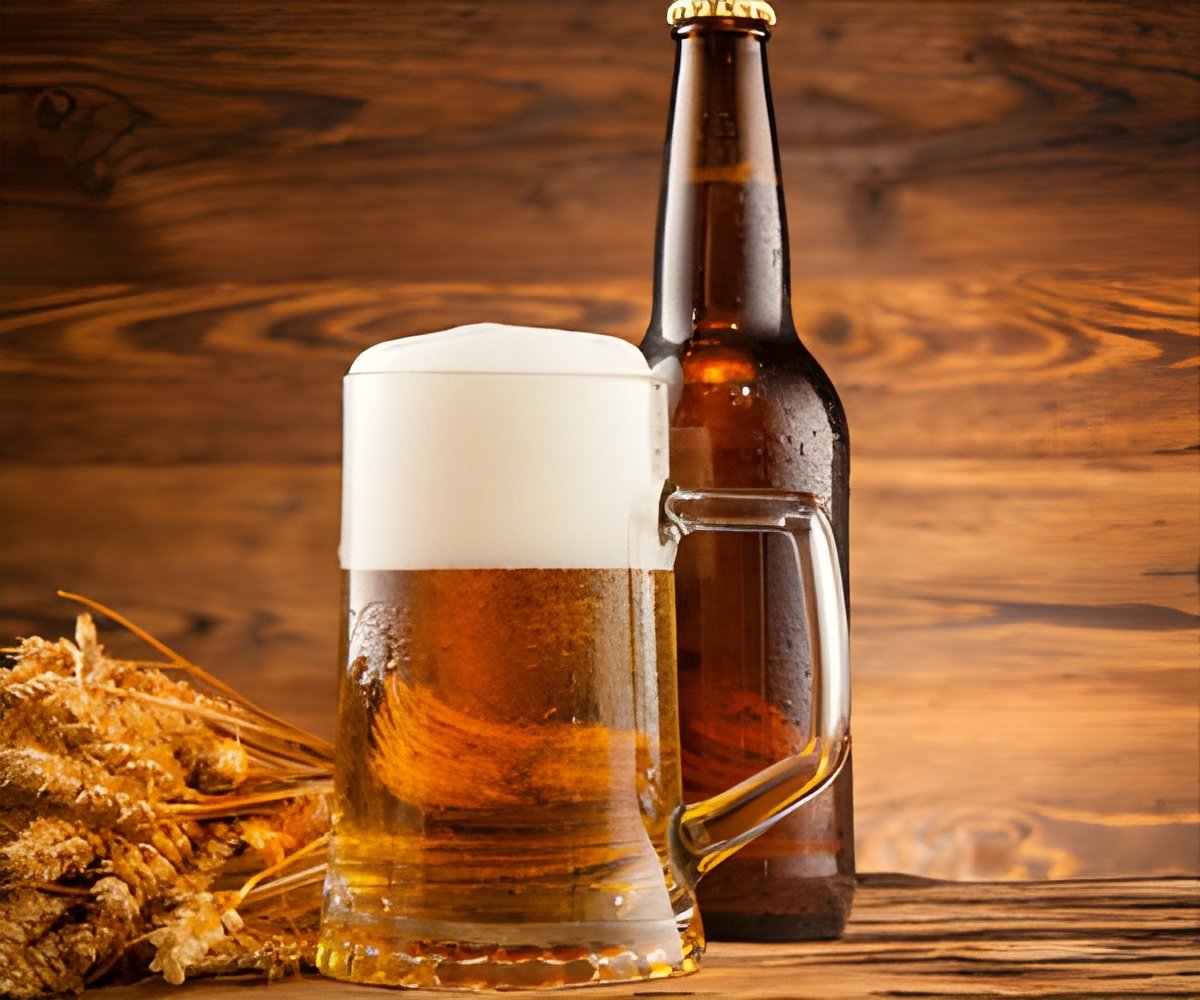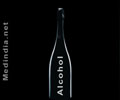
‘While heavy drinking should be strongly discouraged among atrial fibrillation patients, moderate drinking seems to be safe.’
Tweet it Now
The study included 9,411 patients with atrial fibrillation from 18 tertiary hospitals covering all geographical regions of South Korea. Patients were categorised into four groups according to their weekly alcohol consumption (one drink contains 14 grams of alcohol)
- abstainer/rare (0 grams/less than one drink)
- light (less than 100 grams/7 drinks)
- moderate (100-200 grams/7-14 drinks)
- heavy (200 grams/14 drinks or more).
Patients were followed-up for a median of 17.4 months for adverse events, which included stroke, transient ischaemic attack, systemic embolism (a blood clot in a limb or organ), and hospitalisation for rate or rhythm control of atrial fibrillation or for heart failure management.
Results revealed that heavy drinking was associated with a 32% increased risk compared with the abstainers and rare drinkers. No significant association was observed for light or moderate alcohol consumption.
Dr. Boyoung Joung of Yonsei University College of Medicine, Seoul, Republic of Korea said: "Our study did not find any significant association between light or moderate drinking and complications. A significant deleterious relationship with heavy drinking was identified, suggesting that heavy alcohol consumption should be avoided."
Advertisement
- More pronounced in patients with low stroke risk compared to those at moderate or high stroke risk.
- Associated with a greater likelihood of unfavorable outcomes in patients without high blood pressure compared to those with high blood pressure.
- Observed in patients not using beta-blockers or antiplatelet medications compared to those taking the drugs.
Dr. Joung said: "The findings indicate that heavy drinking is particularly detrimental for atrial fibrillation patients who are considered less vulnerable to complications. Clinicians should ask patients about their alcohol consumption and take it into account when calculating their stroke risk."
Source-Medindia















